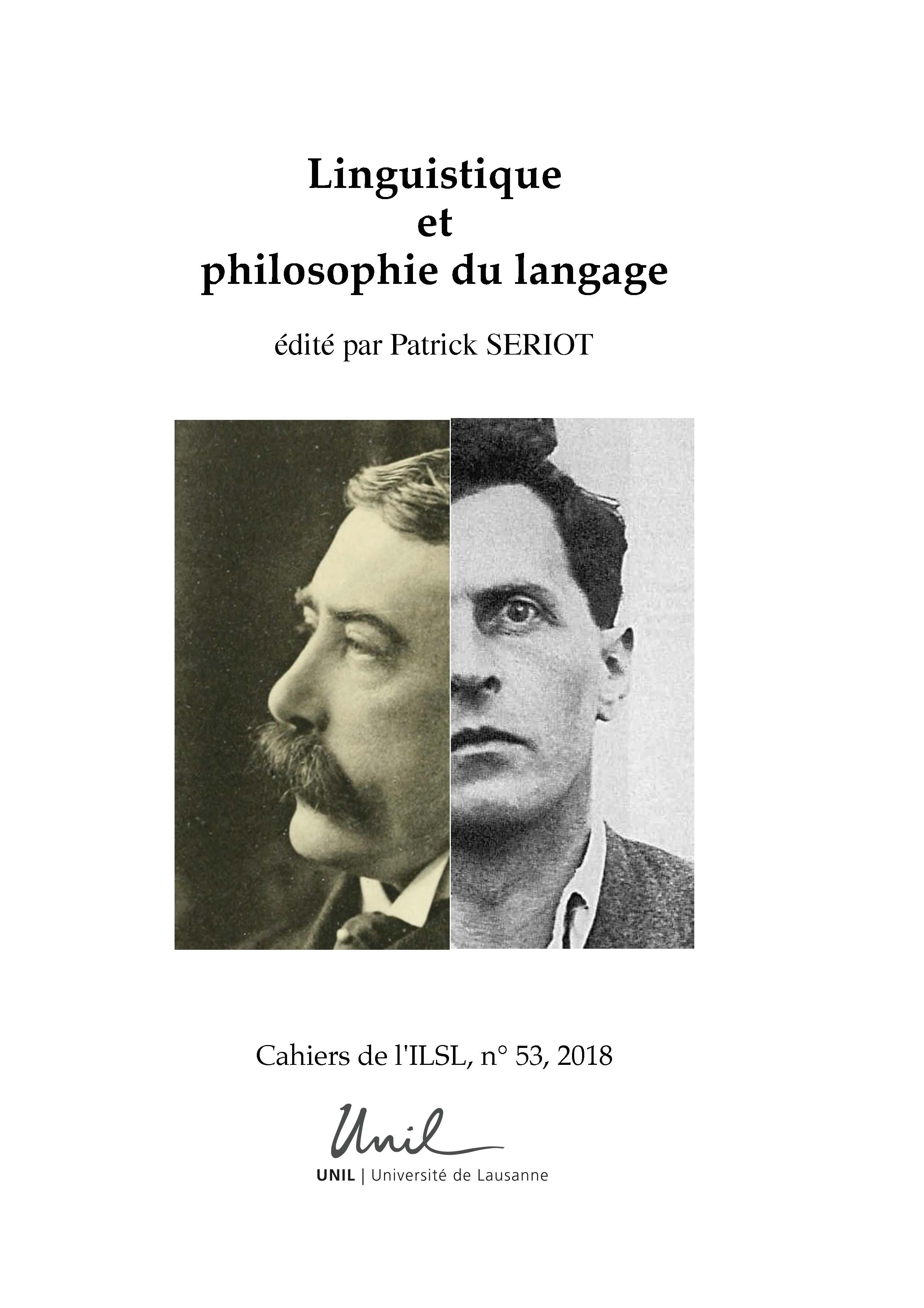Résumé
Chomsky’s notion of “knowledge of language” has given rise to much debate, with the participation of not only linguists, but also philosophers and cognitive scientists. Furthermore, Kripke’s (1982) interpretation of Wittgenstein, while dealing with generative grammar only in a marginal way, helped to undermine the notion of “following a rule by an individual”, which underlay the notion of “knowledge of language” in Chomsky’s sense.
Chomsky’s answer has been that his theory of language and its knowledge is perfectly consistent with the standards of any scientific theory. Skeptical objections in the style of Kripke or Wittgenstein can apply to any kind of science: then, if you accept them, you cannot do science; if you want to do science, they cannot be taken into account.
In my view, Chomsky’s answers to his critics are fairly convincing; this does not mean, however, that all the problems are solved. For example, the issue of the “psychological reality of grammar”, hotly debated between the 1960s and the 1970s, and quickly dismissed by Chomsky by stating that a psychologically real theory is simply a true theory, should probably be reconsidered.

Cette œuvre est sous licence Creative Commons Attribution 4.0 International.
